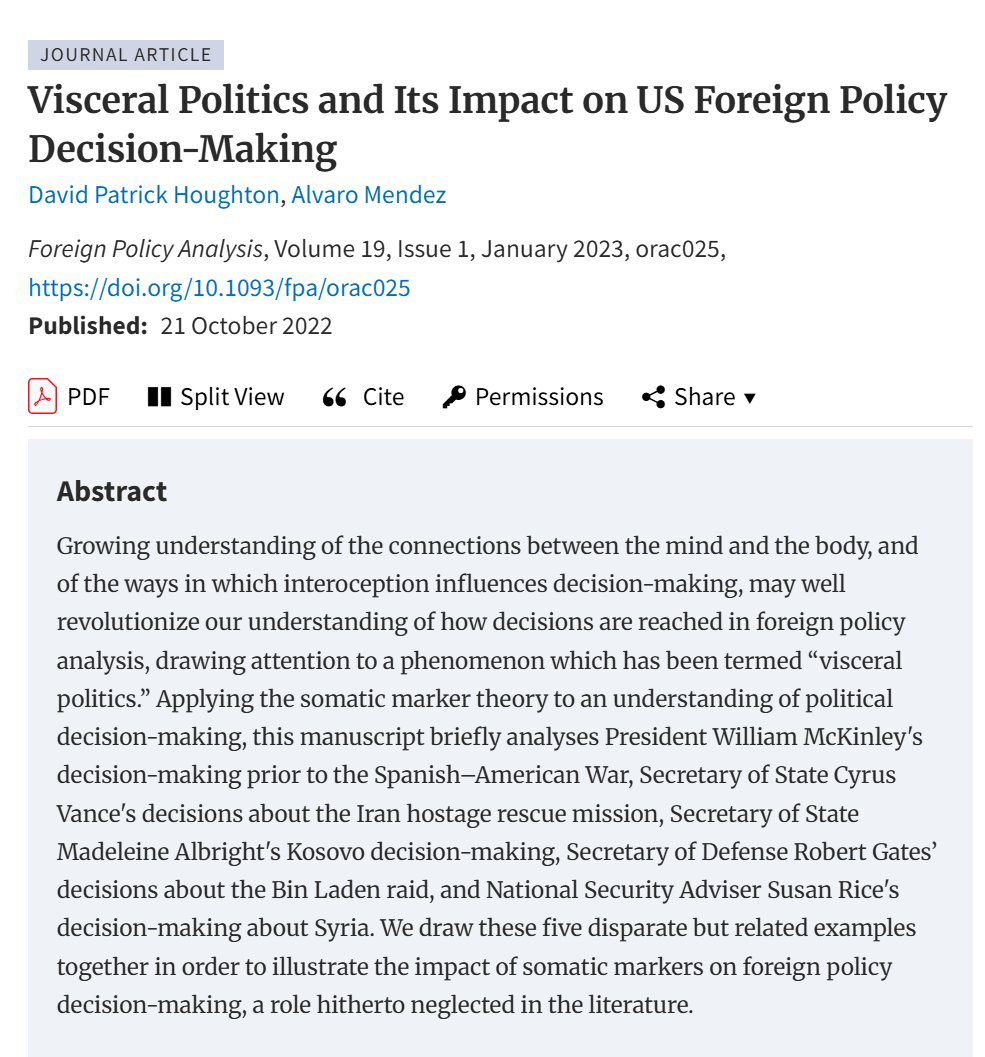
Foreign Policy Analysis (FPA) Journal
@fpa_jrnl
Foreign Policy Analysis - An International Studies Association (ISA) Journal
Editors-in-Chief: Brian Lai & Lisbeth Aggestam
bit.ly/FPAyoutube
ID: 4714935236
http://fpa.oxfordjournals.org/ 05-01-2016 19:09:52
1,1K Tweet
3,3K Followers
588 Following





















